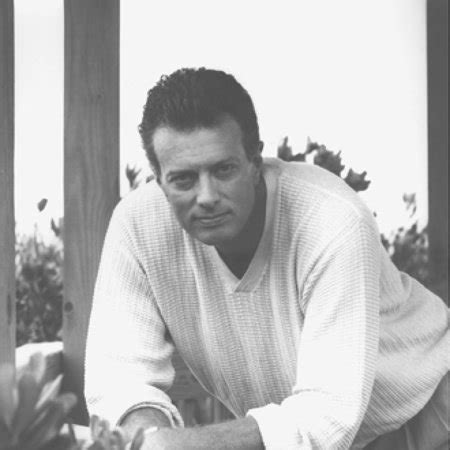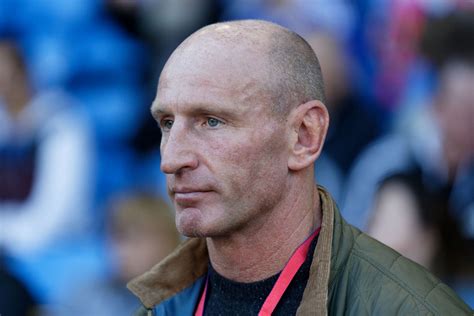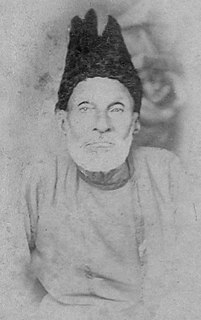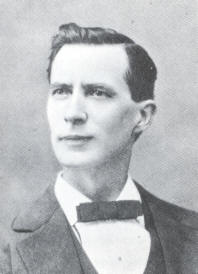A Quote by Seneca the Younger
Nothing is so false as human life, nothing so treacherous. God knows no one would have accepted it as a gift, if it had not been given without our knowledge.
Related Quotes
Either Christianity is true or it's false. If you bet that it's true, and you believe in God and submit to Him, then if it IS true, you've gained God, heaven, and everything else. If it's false, you've lost nothing, but you've had a good life marked by peace and the illusion that ultimately, everything makes sense. If you bet that Christianity is not true, and it's false, you've lost nothing. But if you bet that it's false, and it turns out to be true, you've lost everything and you get to spend eternity in hell.
The difference between God and the devil is in nothing except in unselfishness and selfishness. The devil knows as much as God, is as powerful as God; only he has no holiness that makes him a devil. Apply the same idea to the modern world: excess of knowledge and power, without holiness, makes human beings devils.
The wisest is he that knows only that he knows nothing. God only knows. We mortals are only troubled with morbid little ideas, sired by circumstance and damned by folly. The human head can absorb only the flavorings of its surroundings. We assume that our faith political and our creed religious are founded upon our reason, when they are really made for us by social conditions over which we had little control.
Perhaps the greatest discovery of my life, without question the greatest commitment, came when finally I had the confidence in God that I would loan or yield my agency to him-without compulsion or pressure, without any duress, as a single individual alone, by myself, no counterfeiting, nothing expected other than the privilege. In a sense, speaking figuratively, to take one's agency, that precious gift which the scriptures make plain is essential to life itself, and say, "I will do as you direct," is afterward to learn that in so doing you possess it all the more.
Man depends on God for all things: God depends on man for one. Without man's love God does not exist as God, only as creator, and love is the one thing no one, not even God himself, can command. It is a free gift or it is nothing. And it is most itself, most free, when it is offered in spite of suffering, of injustice, and of death . . . The justification of the injustice of the universe is not our blind acceptance of God's inexplicable will, nor our trust in God's love, his dark and incomprehensible love, for us, but our human love, notwithstanding anything, for him.
My peak? Would I even have one? I hardly had had anything you could call a life. A few ripples, some rises and falls. But that's it. Almost nothing. Nothing born of nothing. I'd loved and been loved, but I had nothing to show. It was a singularly plain, featureless landscape. I felt like I was in a video game. A surrogate Pacman, crunching blindly through a labyrinth of dotted lines. The only certainty was my death.
To be grateful is to recognize the Love of God in everything He has given us - and He has given us everything. Every breath we draw is a gift of His love, every moment of existence is a grace, for it brings with it immense graces from Him. Gratitude therefore takes nothing for granted, is never unresponsive, is constantly awakening to new wonder and to praise of the goodness of God. For the grateful person knows that God is good, not by hearsay but by experience. And that is what makes all the difference.








































